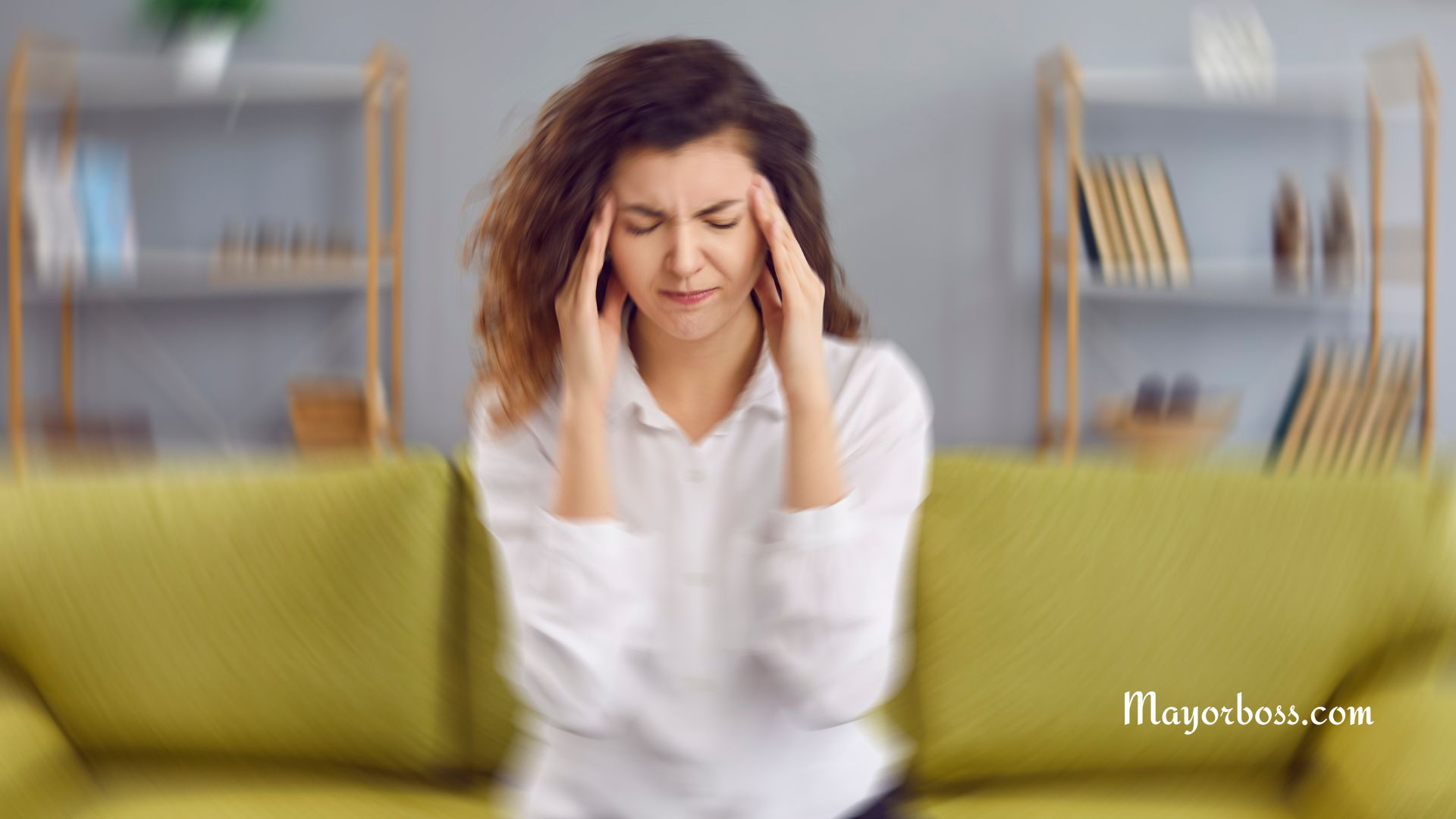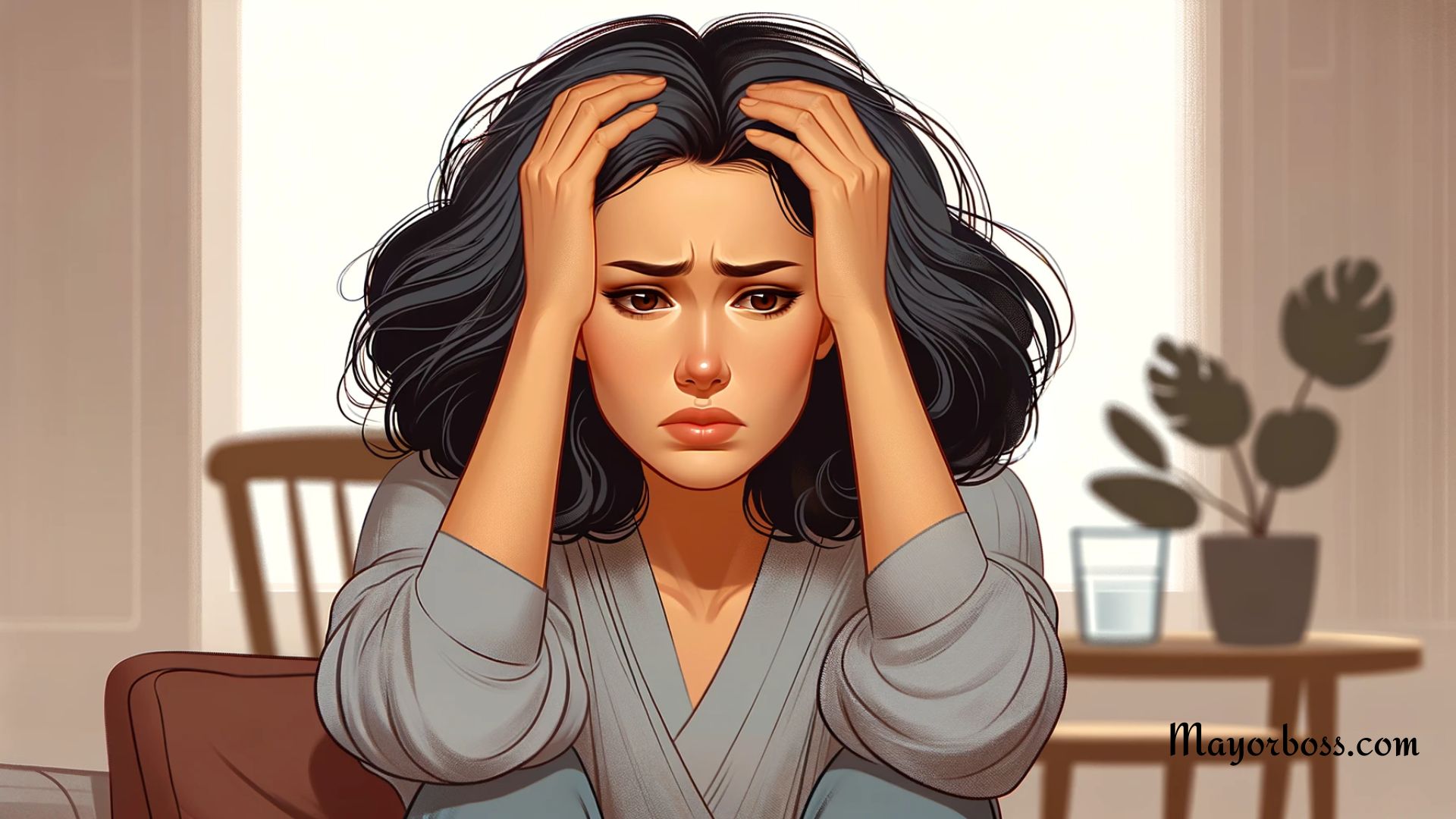Can Anxiety Cause Dizziness?
Dizziness is often chalked up to a variety of physical conditions, but did you know anxiety could be a culprit, also? Anxiety can, in fact, trigger symptoms of dizziness or lightheadedness. This happens due to the body’s “fight or flight” response, blood flow changes, and even hyperventilation. So, if you find yourself feeling dizzy when anxious, you’re not alone.
The Connection Between Anxiety and Dizziness

How “Fight or Flight” Comes Into Play
When you’re anxious, your body goes into a “fight or flight” mode. Essentially, this is your body’s way of preparing for perceived danger. During this response, your body releases adrenaline. This hormone prompts various changes in your body, such as increased heart rate and redirected blood flow to essential organs. As a result, you might experience a sensation of dizziness.
Blood Flow and Your Brain
Interestingly, the “fight or flight” response also influences how blood circulates in your body. In particular, blood is diverted away from areas like your head and directed toward muscles that would help you fight or flee. Consequently, reduced blood flow to your brain can manifest as dizziness or even fainting spells.
The Role of Hyperventilation
When you’re anxious, you might start to breathe quickly or shallowly, known as hyperventilation. This rapid breathing can disrupt the balance of oxygen and carbon dioxide in your body, making you feel dizzy or lightheaded. Moreover, hyperventilation can cause a tingling sensation in your extremities and even muscle cramps.
Research Insights into Anxiety and Dizziness
Research suggests that not only can anxiety cause dizziness, but frequent dizziness can also lead to anxiety disorders. It’s a bit of a vicious cycle. People who often feel dizzy might start to worry about when the next episode will strike, which can increase their overall anxiety levels.
Long-Term Effects
According to long-term studies, persistent dizziness linked to anxiety can contribute to other mental health issues, such as depression or phobias. Therefore, it’s crucial to address both the dizziness and the underlying anxiety to break the cycle.
What Can You Do?
Seek Professional Help
If you’re experiencing persistent dizziness and anxiety, it’s advisable to consult a healthcare professional for a proper diagnosis and treatment plan. After all, dizziness can also be a symptom of other medical conditions.
Cognitive Behavioral Therapy (CBT)
CBT is an effective treatment option for anxiety-related dizziness. This form of therapy helps you become aware of your thought patterns, allowing you to challenge and change your reactions to anxiety triggers.
Mindfulness and Relaxation Techniques
Practicing mindfulness and relaxation techniques like deep breathing can help you manage your anxiety and, in turn, reduce episodes of dizziness. So, the next time you feel anxious, try taking deep, slow breaths to calm your mind and body.
In summary, anxiety can indeed cause dizziness through various physiological and psychological pathways.
Further Reading: How to Help Someone with Anxiety






